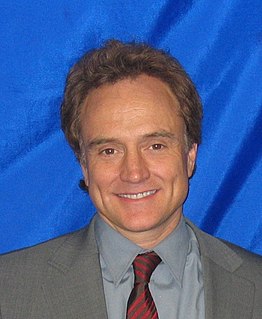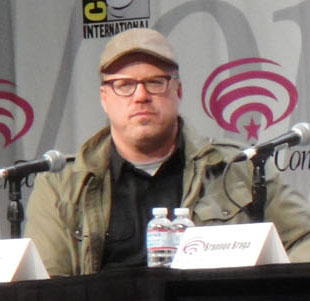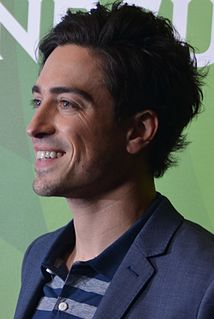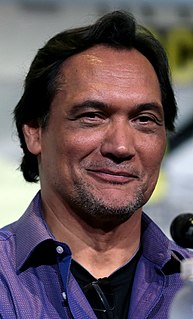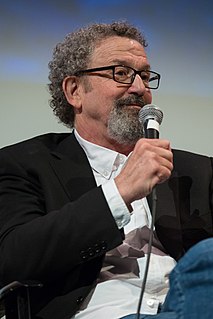A Quote by Rob Lowe
The script was given to me by one of my agents and they didn't tell me anything about it. My first reaction was, "The West Wing? Is it about a squadron of fighter jets?" Then I turned the page and saw, 'by Aaron Sorkin' and I knew it was going to be something good.
Related Quotes
The funny thing about The West Wing is - and I don't know what Aaron Sorkin says about it - but I'm convinced it was a comedy. It's a very intellectual and cerebral comedy, but it was SportsNight in the White House. It had an energy and a vitality and an intelligence and a passion that's rare. And it was extremely difficult to do, because they were so demanding about the dialogue.
I remember running into Aaron's Sorkin office and going "The show's West Wing going to work! I know it's going to work!" And it was literally that moment: the energy, the place, the feel. I didn't know the show would be successful but I thought it was going to be good and I don't have that feeling very often. And we were rehearsing all of that not knowing who the President of the United States was!
You turned your head to look at me. Your eyes looked so big in your face, so mysterious — wide and flickering like a butterfly-wing mask. When you saw me the wails turned to sobs, and then just quieter heaves of your body. I held out my finger through the bars. Then you reached out and curled your fingers around mine, so tight. I knew you recognized me. That was the first time I knew I had a heart inside my body.
When I'm writing, it's about the page. It's not about the movie. It's not about cinema. It's about the literature of me putting my pen to paper and writing a good page and making it work completely as a document unto itself. That's my first artistic contribution. If I do my job right, by the end of the script, I should be having the thought, 'You know, if I were to just publish this now and not make it . . . I'm done.
I did not always agree, personally, on the positions that Bartlet, character from the West Wing, took and I argued against them on many occasions. But Aaron Sorkin said, "Martin, that's you, that's not Barlet. It's a very political decision he has to make." I found from the very beginning that when I infused my own personal feelings about an issue it went against the grain of the character.

